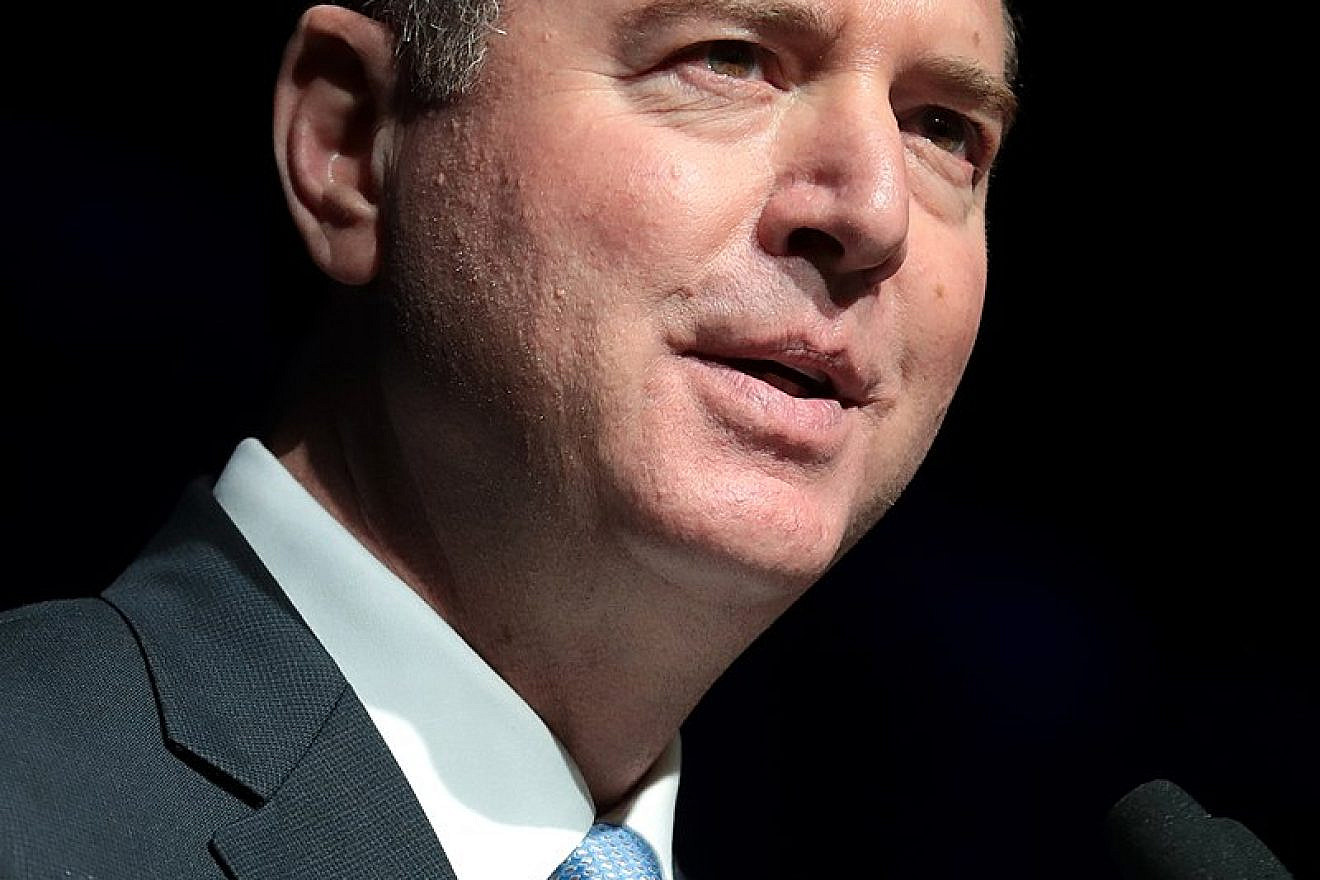In the days after Senator Dianne Feinstein’s death, the California political community’s attention has been divided between commemorating Feinstein’s remarkable career and speculating about who Governor Gavin Newsom would appoint as her replacement.
The mourning had not yet concluded on Sunday night when word of Newsom’s selection of former union leader and Democratic fundraiser Laphonza Butler as the state’s new senator became public. But in all the commotion, an obscure but critically important aspect of California election law which could greatly impact next year’s Senate race, in which Californians will pick Feinstein’s more permanent successor, has been almost completely overlooked. As a result, the chances of Rep. Adam Schiff’s election now appear greater than ever.
Shortly after appointing then-Secretary of State Alex Padilla to Kamala Harris’ Senate seat, Newsom promised that if Feinstein stepped down before her term ended, he would appoint a black woman to replace her. The immediate media dustup focused on Feinstein’s understandable unhappiness that the governor was speculating openly about the prospect of her incapacitation or death.
Newsom’s commitment seemed like an easy one to fulfill, as either Reps. Karen Bass of Los Angeles or Barbara Lee of Oakland would be a natural fit. However, Bass decided to run for L.A. mayor, a position which she has now held for less than a year. Lee is now a candidate for Feinstein’s seat, meaning that her appointment would have created a major advantage for her in the race.
A few weeks ago, Newsom made another promise, that he would not appoint a senator who would run in next year’s election, explaining that he did not want to take sides in the primary. Lee and other black leaders were furious, arguing that fulfilling his earlier commitment with a one-year placeholder appointment would be an insult to their community.
But Newsom’s selection of Butler, currently the head of EMILY’s List, will likely allow him to escape any significant ongoing damage. Butler will be California’s first LGBTQ senator, and also brings strong pro-choice and pro-labor credentials to the table. While Newsom backed away from his commitment to stay out of the primary a few hours before word of Butler’s appointment leaked, it’s difficult to see her seeking reelection.
So the appointment allows the governor to shore up his support with several key Democratic constituencies, and he will probably avoid much criticism from Lee’s supporters given Butler’s strong relationships in state party circles and great respect among black community and political leaders.
But let’s get back to Schiff and the campaign. California law requires that upon the death of a sitting Senator, the governor’s appointment will only serve until the next general election, at which point a special election would take place. But because Feinstein’s seat was already up next year, the regular election would take place at the same time. For most of us, it means that we will vote twice for senator, both on the primary and general election ballot next year, once to select a candidate to serve between the November election and the start of a new Congress in January and once to fill the full six-year term.
But in addition to the formality of that dual vote, two separate senate elections means that fundraising limits for the race have now doubled. In congressional elections, donors are limited to a total of $6,600 in contributions to a single candidate. But because two elections are taking place simultaneously, generous donors are now free to give up to $13,200. For Schiff, who has almost 500 contributors who have given at that level, that could mean a windfall of more than $3 million. Porter has only 47 such donors and would realize a much smaller gain.
Schiff and Porter are running neck-and-neck in early polling, but Schiff maintains an almost 3-1 fundraising advantage. While money will certainly not be the only determinant in this race, campaigning in a state the size of California is extraordinarily expensive. Butler’s appointment will drive headlines in the days ahead and greatly benefit Newsom politically, but Schiff may end up as the long-term winner.
Originally published by the Jewish Journal.
























